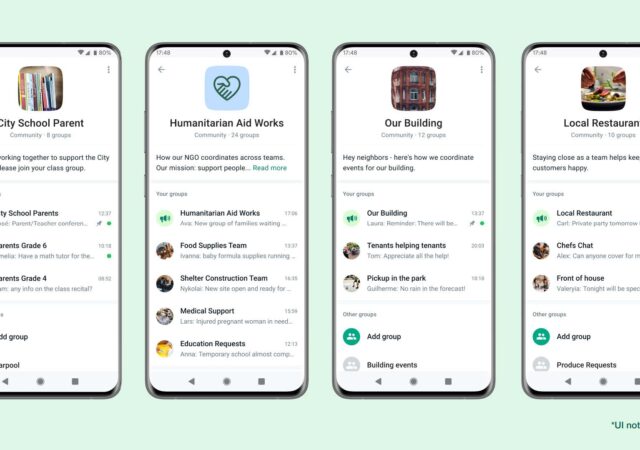LG is going to be pushing NFT on something they call the LG Art Lab. The NFT artwork you buy can be displayed on your LG TV.
Legendary Pokémon Deoxys Appears in Digi Stores Across Malaysia
Malaysian Telco Digi partners with Niantic to bring a special event featuring Legendary Pokémon Deoxys and tonnes of in-game freebies.
AMD Announced the Zen 4 Architecture in the Form of the Ryzen 7000 Series
AMD launches the new generation Ryzen 7000 CPUs with Zen 4 architecture and 5nm manufacturing process alongside AM5 socket.
OPPO Launches the Reno8 Z 5G at MYR 1,799
OPPO Launches the Reno8 Z 5G, a budget friendly mid-range smartphone packing 64MP triple camera punch for MYR 1,799.
Digi Makes Travelling More Affordable with Expanded Roaming Passes from MYR25
Digi expands their Roaming Passes with up to 4G of internet access for as low as MYR25 in Asia.
Maxis Family Plan Expanded with Faster Fibre for Larger Families
Maxis silently expands its Maxis Family Plan offerings that bindle multiple lines and fibre broadband for a more affordable offering.
Malaysia Gets to Try WhatsApp Communities First
WhatsApp brings Communities feature closer to reality with early access starting in select regions including Malaysia.
LG’s DualUp Monitor Ergo is not Here, But Not for Games
LG announces their DualUp Monitor Ergo in Malaysia. The unique dual QHD monitor comes with an Ergo Stand for MYR 2,948.
Dell Announces the XPS 13 2-in-1 – It is as Flexible as it Gets
Dell announces the XPS 13 2-in-1 tablet PC with Intel’s 12th Generation Core processors and Full HD webcam for MYR 5,999 onward.
Google Finally Looks At Optimising the Play Store for Wear OS
Google finally commits to creating a more optimised experience on Wear OS on the heels of its 3x user growth.

















